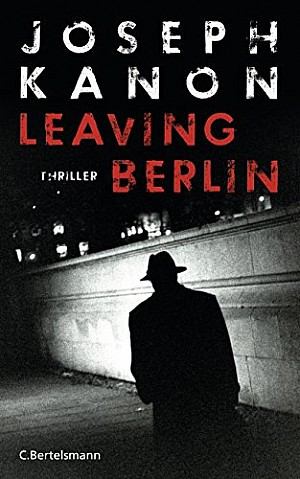
Since we historically know that the Project was infiltrated by two Soviet spies, most notably the British Or is related to security, the Army is unsure. Whether his demise is the result of a homosexual encounter that went badly General Leslie Groves, who is responsible for security, calls upon a civilian intelligence officer, MichaelĬonnolly, to investigate the violent death of Karl Bruner, a security officer. Remote New Mexico hilltop near Santa Fe where the scientists of the Manhattan Project, under the project director Robert Oppenheimer, are developing theĪtom bomb during the closing months of the war. But where do we draw the lines of our moral boundaries? Betrayal? Survival? Murder?įilled with intrigue, and the moral ambiguity of conflicted loyalties, Joseph Kanon's new novel is a compelling thriller and a love story that brings a shadowy period of history vividly to life.In his debut novel Los Alamos (1997), Kanon is better at capturing the historical milieu than exploring moral conundrums. Changing sides in Berlin is as easy as crossing a sector border. Worse, he discovers his real assignment is to spy on the woman he left behind, the only woman he has ever loved. A kidnapping misfires, an East German agent is killed, and Alex finds himself a wanted man. But almost from the start things go fatally wrong. Faced with deportation and the loss of his family, he makes a desperate bargain with the fledgling CIA: he will earn his way back to America by acting as their agent in his native Berlin. But the politics of his youth have now put him in the crosshairs of the McCarthy witch-hunts.

Even culture has become a battleground, with German intellectuals being lured back from exile to add credibility to the competing sectors.Īlex Meier, a young Jewish writer, fled the Nazis for America before the war. Espionage, like the black market, is a fact of life. In the West, a defiant, blockaded city is barely surviving on airlifted supplies in the East, the heady early days of political reconstruction are being undermined by the murky compromises of the Cold War. Almost four years after the war's end, the city is still in ruins, a physical wasteland and a political symbol about to rupture. From the bestselling author of Istanbul Passage, called a „fast-moving thinking man's thriller” by The Wall Street Journal, comes a sweeping, atmospheric novel of postwar East Berlin, a city caught between political idealism and the harsh realities of Soviet occupation.īerlin 1948.


 0 kommentar(er)
0 kommentar(er)
